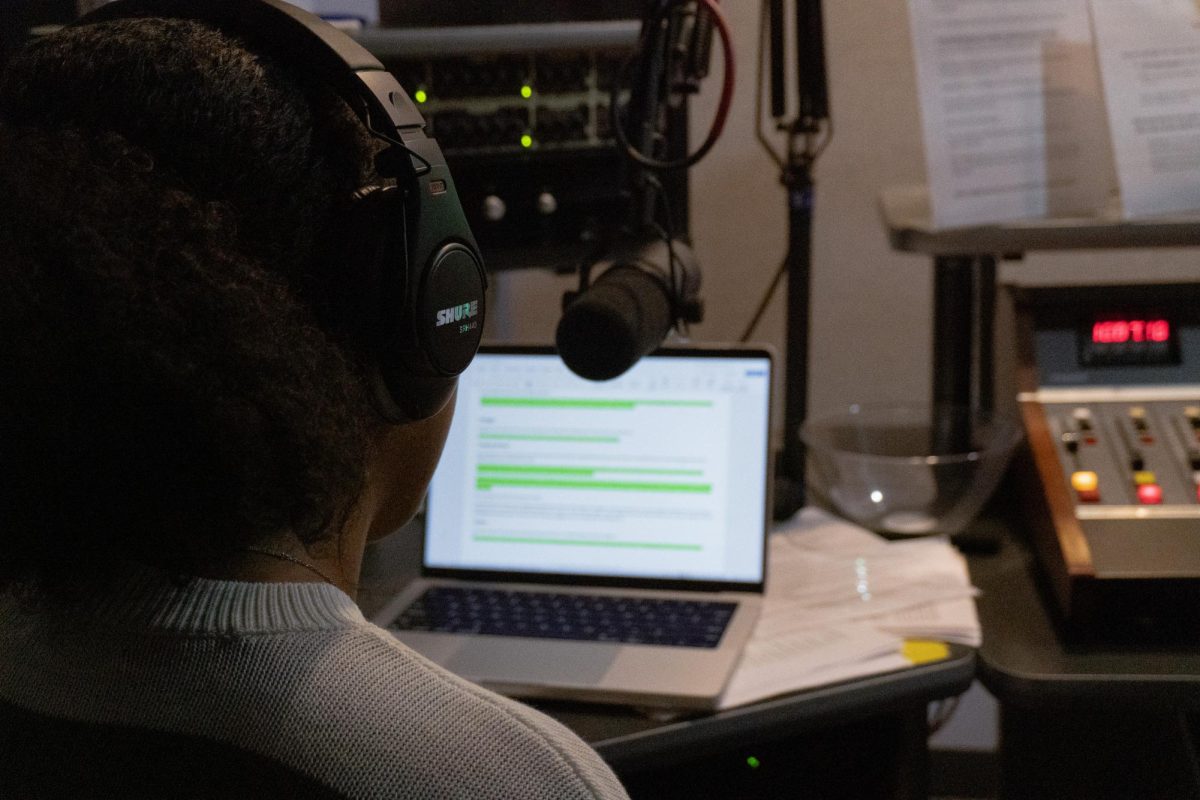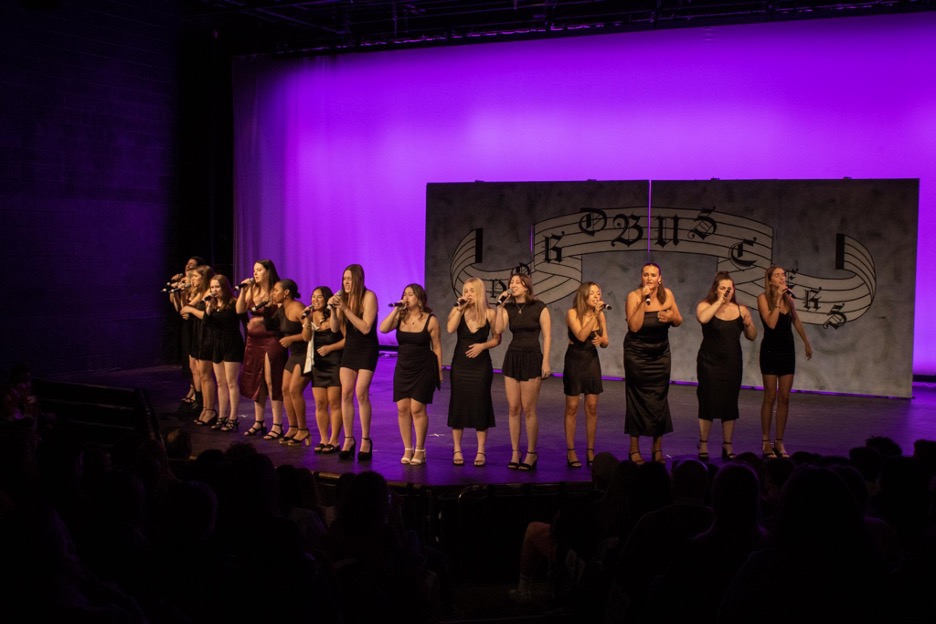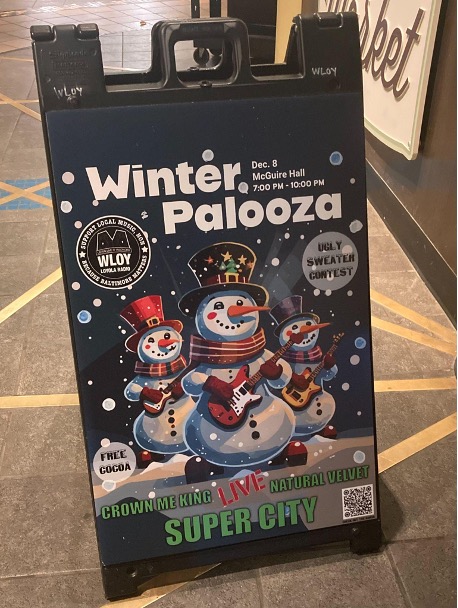A summer has passed since the release of Trouble Will Find Me, the sixth release from the acclaimed Brooklyn-based indie rock band, The National. Nonetheless, the past few months of touring have proved that the group is gradually achieving a legendary status.
But if people are crowding to see The National (like they did at Merriweather Post Pavilion in June), it’s not because of the new album. In fact, all the excitement surrounding the band seems unfulfilling and even a little insincere, for one reason in particular: the same critics extolling the album on the day of its release are also those that will say that the band’s music “grows on you.” The band’s music might attract hype, but it’s when the hype recedes that the music can really breathe.
This is why, upon first listen, even a longtime National fan inevitably feels disappointed. Countless listens to High Violet yielded (finally!) a full understanding of the album. You could finally follow the ins and outs of every song, even the ones you’d skip when first listening. Then, the band, like any great band, develops their approach to their own music, changes their sound and chases their artistic vision past what they once thought the logical conclusion. Then they ask their listeners to pack up their old kit bag and make another tiresome journey through unfamiliar territory. A National fan listening to Trouble for the first time might recall the good old days: “There’s no ‘Apartment Story’!”
But that’s too easy of a judgment. Trouble does have its “Apartment Story,” but it appears in an evolved form, one more in tune with the styles that The National has since adopted. Rock bands often talk about changing their sound out of some fear of irrelevance or stasis, often resulting in wildly miscalculated forays into strange genres. What the National does is more precise. The band who attracted a wider audience with Boxer in 2007 is essentially the same band: Matt Berninger sings his desperate/resigned/gloomy/hopeful lyrics in the same soothing baritone; Dessner brothers Aaron and Bryce, clearly the masterminds behind the group’s textured, moody music, display technical mastery on guitar and piano; Scott Devendorf plays a steady, but rich, bass; and drummer Bryan Devendorf, who can balance reliable precision with elegant complexity, remains the instrumental backbone of the group.
These are the constants. More interesting, though, are the variations. If there is an “Apartment Story,” where is it? (For those unfamiliar with The National, “Apartment Story” in this case is shorthand for the kind of radio-ready, upbeat, almost anthemic songs that, at least since High Violet, have gotten a little moodier.) Well, consider “Graceless,” which begins a little more urgently than “Apartment Story” and exudes a kind of alarming anxiety. The quick snare that kicks off “Apartment Story” leads into a fuzzy, sunny guitar; the drums that begin “Graceless” sounds like a hurried heartbeat. Whereas Boxer’s highlights feel easy, listless and a little liquored-up, Trouble Will Find Me stutters with existential dread. Regardless, both aforementioned songs build to the same resounding crescendo. When “Graceless” reaches that ecstatic climax, the tension that has been building throughout the song is finally relieved.
But most of the songs on Trouble Will Find Me never reach that point of relief. Arguably, The National are at their best when they hang on to that anxiety and explore it a little. In fact, “Don’t Swallow the Cap”, the second song to be released from the album, contains what might be called Trouble’s thesis statement: “I have only two emotions: careful fear and dead devotion. And I can’t get the balance right…” The album hangs in the balance of these two things, as if love cannot exist without constant fear. Case in point: in “Pink Rabbits”, a piano-driven song in the tradition of “Fake Empire” and “You’ve Done It Again Virginia,” Berninger declares: “I’m so surprised you want to dance with me now; I was just getting used to living life without you around.” There’s a kind of dramatic irony in this. The chorus of the song has him repeatedly wondering, “Am I the one you thing about when you’re sitting in your fainting chair drinking pink rabbits?” Hopeless longing begets the anxiety. The only victory is in pretending the anxiety isn’t there and proceeding.
If there’s any kind of rejoicing on Trouble Will Find Me, it’s not because Berninger has escaped trouble, but merely because he has learned to break through the tension that trouble brings. Emily Dickinson once prescribed two methods of dealing with trouble: “Either the Darkness alters — / Or something in the sight / Adjusts itself to Midnight — / And Life steps almost straight.” Well, The National has all bets set against darkness altering. Trouble Will Find Me is about adjusting to midnight.












































































































